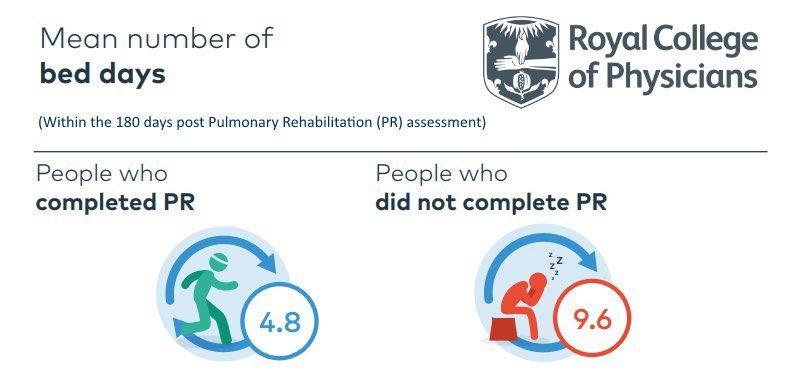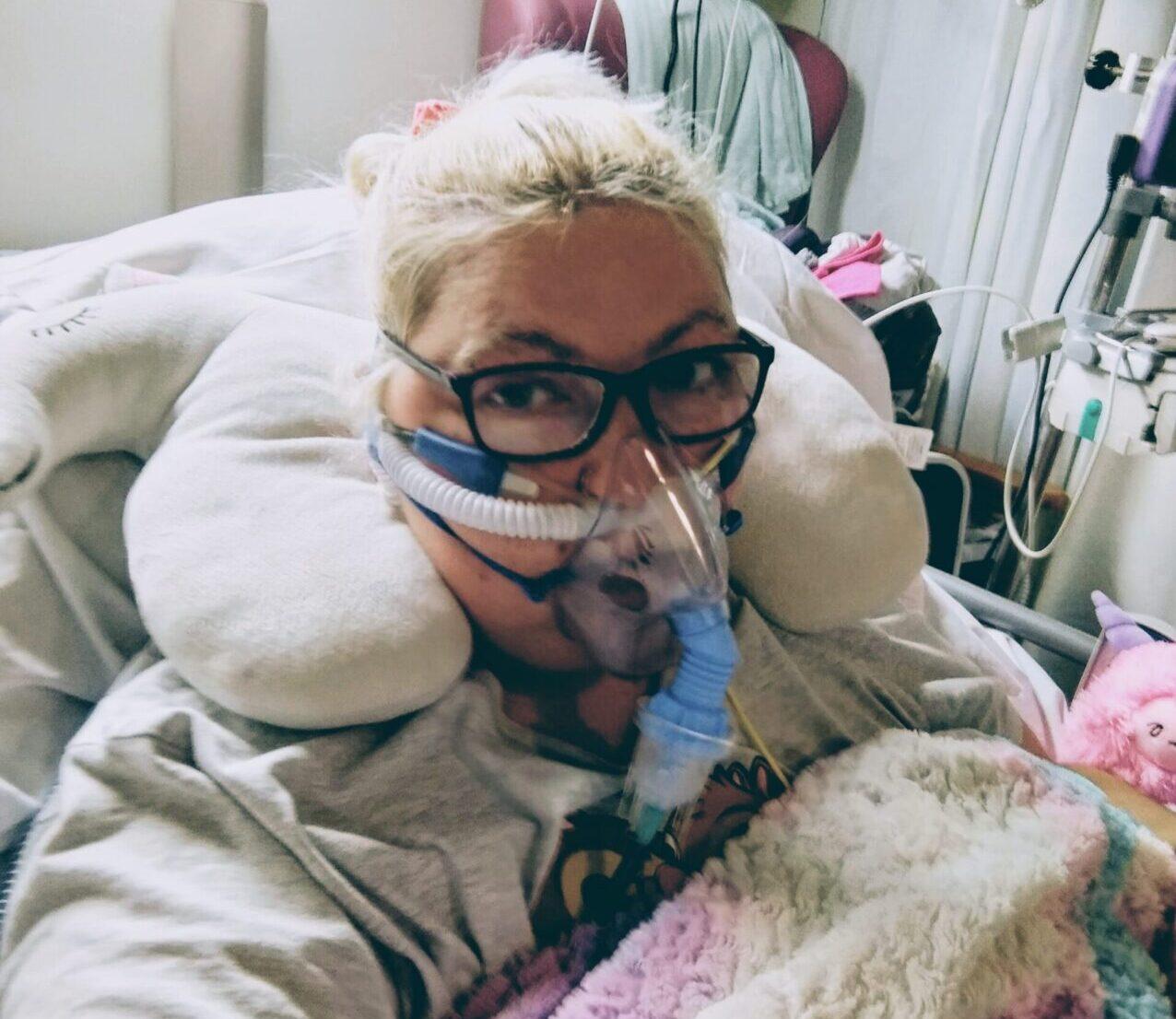Mel was diagnosed with asthma 10 years ago and the state of her current condition severely limits her daily life. Now suffering from the side effects of prolonged steroid use, Mel feels that with the right information and knowledge, she could have prevented certain debilitating conditions and better managed her asthma.
“At the time of my diagnosis, I didn’t really know about asthma. As a teenager it didn’t occur to me to go online and look things up on the Asthma UK website, I just made the assumption that the doctors would to be doing everything they’re meant to do,” Mel tells us.
Mel’s asthma appeared overnight after having suffered from eczema in her younger years. She is now among the 5.4 million Brits living with this condition, of which 200,000 are classed as severe.
Like many, Mel’s initial contact point for resources was her doctor. Trusting that she would receive thorough advice, she didn’t think to go above and beyond the guidance from her doctor.
Lacking Knowledge and Guidance
“I don’t think the doctors gave me sufficient information to manage my asthma. Looking back, they just gave me inhalers and didn’t really explain properly about when I should use them, or how I should use them correctly,” explains Mel.
Mel’s experience of insufficient information is common among those recently diagnosed with asthma. As a result, most do their own research, turning to patient organisations such as Asthma and Lung UK, as well as online communities for help and guidance.
“After my diagnosis, they added on a yearly asthma review. In the 10 years I’ve had asthma, I can count one time when the GP asked me how I use my inhaler and showed me a device to determine which inhaler is best for me. That was the only time I’ve had an informed asthma review,” Mel tells us.
Typically, yearly asthma reviews involve a routine check-up with a GP or asthma nurse. The purpose of them is to discuss symptoms, management and lowering risk of asthma attacks.
Many patients, however, feel that such reviews could be more thorough so that they could better manage their asthma.
The Consequences of Poor Management
Steroids are commonly used by those living with asthma to reduce inflammation in the airways and ease symptoms such as breathlessness and coughing. Although they provide relief and improve the quality of life for many, prolonged use of steroids increases the likelihood of side effects.
“I’ve had so many years of permanent steroids. I think that if you were to look at the side effects, I could probably say I’ve had every single one of them,” Mel shares.
Having dealt with Cushing’s syndrome, osteoporosis, weight gain and weak muscles, Mel recognises the benefits of steroids in helping her to breathe but describes them as a “band aid that doesn’t get to the root of the problem”.
Whilst breathing is more important, Mel is confident that more can be done to educate people on how to manage their asthma and therefore reduce the need for steroids.
I’ve had so many years of permanent steroids. I think that if you were to look at the side effects, I could probably say I’ve had every single one of them.
Education and Pulmonary Rehab as a Solution
To help educate those who are in a similar situation to herself, Mel created the “UK Asthma Support” Facebook group.
“I wanted to create information posts in the Facebook group so that people can better manage their asthma. I think if you’ve got an asthma plan, you’re 30-40% less likely to go to hospital because you’re picking up the symptoms and treating it earlier,” Mell tells us.
At the British Research Panel, we recognise that much more can be done to help people manage their asthma, which is why we’re teaming up with Pulmonary Rehab Awareness CIC.
Pulmonary Rehab (PR), helps people to manage their asthma in a variety of ways such as inhaler techniques, breathing exercises and physical exercises. According to the Royal College of Physicians, patients who have completed PR require an average of 4.8 bed days after being hospitalised due to their asthma, compared to 9.6 days for those who haven’t completed PR.

In our collaboration with Pulmonary Rehab Awareness CIC, we look forward to sharing more information on ways to manage your asthma, as well as keeping you informed on their initiatives. Like us on Facebook and follow us on Twitter to stay up to date!
We are proud to be involved with this organisation and support their work of placing patients’ needs first.
Written by
Eloise Healey

